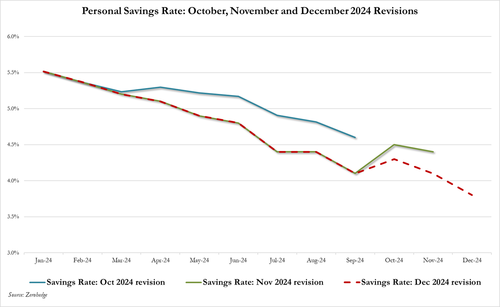What Happens To The Middle East If Russia & The US Stop Being Enemies?
What Happens To The Middle East If Russia & The US Stop Being Enemies?
Via Middle East Eye
Some call it the end of the post-war order. Others, a grand realignment. Regardless of how it’s defined, the Middle East faces a new paradigm: what happens when the US stops viewing Russia as a foe and instead as a potential partner, or at the very least, a neutral actor? American diplomats and analysts are still struggling to come to grips with this potentially historic shift.
When asked about a report that Israel was lobbying the Trump administration to let Russia keep its military bases in Syria, one career US diplomat in the region replied, “Well, that would be against our national interests?” They responded with silence when asked what would happen if the US president didn’t see it that way. Trump has said he wants to partner with Russia for “incredible opportunities”.
On Friday, Trump doubled down, saying he found it easier to deal with Russia than Ukraine, a country the US had been supplying arms and intelligence to until recently. Asked about Russia’s widespread attacks on Ukraine’s energy grid, Trump said Putin was “doing what anybody else would do”.
Via AFP
Trump, Nixon and the China analogy
The US view of Russia as a foe working against its interests has defined the Middle East since the end of WWII, when Franklin Delano Roosevelt courted Saudi Arabia for Gulf oil. In the following decades, the US worked to counter the Soviet Union across the region.
The US’s support for Israel in the 1973 War led to an eventual peace treaty between Israel and Egypt. In the process, Egyptian President Anwar Sadat evicted Soviet military advisors who had been welcomed by Gamal Abdel Nasser. Until December 2024, the United States viewed the toppled Syrian Assad dynasty as a vehicle for nefarious Russian power projection.
Trump’s allies looking to explain his outreach to Putin have said he is trying to break up a bloc of states, mainly Russia, Iran and China, from coordinating against the US. They add that Trump’s overtures echo the strategic diplomacy of Richard Nixon and Henry Kissinger opening up to China in the 1970s.
Chas Freeman, a former US diplomat, whose career spanned almost three decades, told Middle East Eye it was a “false comparison”.
“A better analogy to Trump’s opening to Putin is Sadat going to Jerusalem.” Freeman is reliable on the subject considering he was the interpreter for Nixon’s trip.
In the Middle East, Trump’s bid to work with Putin may reflect his priorities and a geopolitical world view. Some of Trump’s confidants have raised the alarm about Turkey’s expanding influence.
Steve Bannon & Mike Flynn’s worldview
Steve Bannon, a former Trump advisor whose podcast War Room has become required listening to those seeking to discern Trump’s world view, said recently that Turkish President Recep Tayyip Erdogan was “one of the most dangerous leaders” in the world and wants to “re-establish the Ottoman Empire”.
Trump himself said that the collapse of the Assad government in Syria was merely an “unfriendly takeover” by Turkey….










